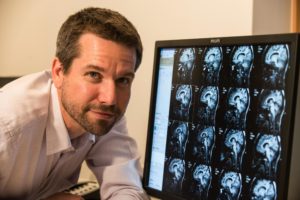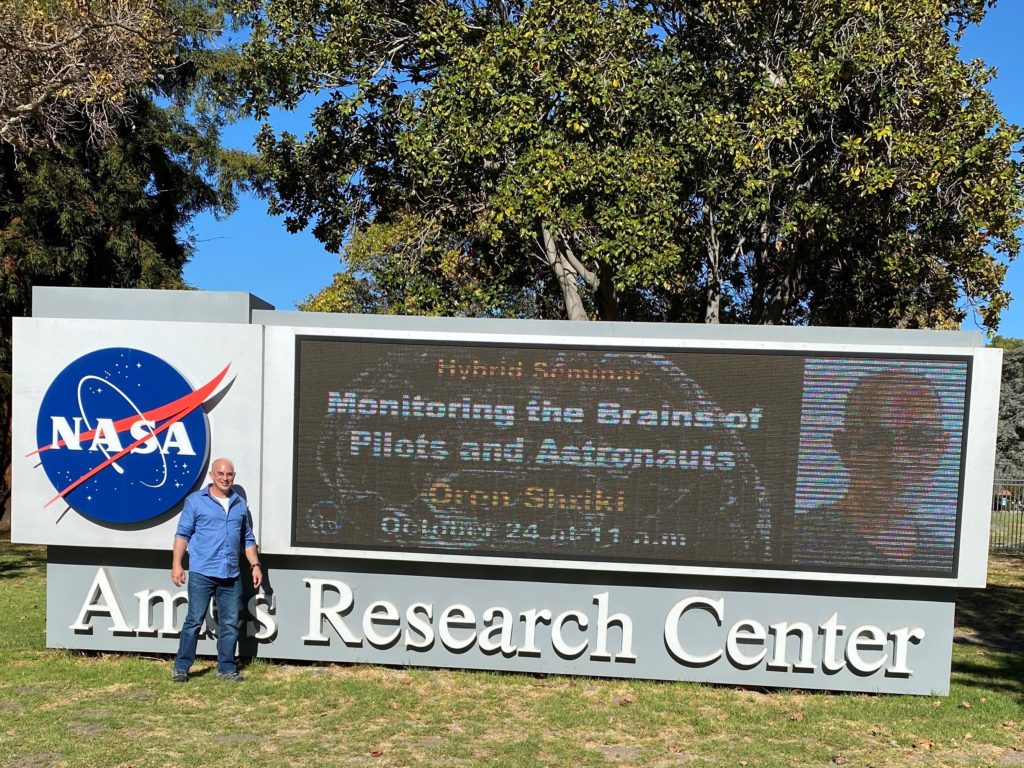
Israel’s First National Autism Database Launches
Israel’s First National Autism Database Launches
August 19, 2020
NoCamels — The National Autism Research Center of Israel at BGU announced it will launch a national database in collaboration with Israeli scientists and clinicians studying autism spectrum disorder (ASD). The center is composed of scientists from BGU and physicians from Soroka University Medical Center, who study, diagnose and treat autism and other developmental disorders in the Negev.

Prof. Ilan Dinstein, founder and head of the National Autism Research Center
Established in 2015, the center aims to promote better diagnosis and treatment of autism in Israel by creating a research infrastructure that serves researchers at universities, medical centers and industry.
The center converted its previous regional database that covered communities in Southern Israel into a national one, bringing together all stakeholders to determine which avenues of research are the most important to pursue with the availability of such unique data.
More than 45 leading scientists and clinicians came together following two national autism research conferences at BGU to publish a shared paper describing the national database in the prestigious Journal of Molecular Neuroscience.
Published in July, the paper describes a shared plan to create a national database with standardized data agreed upon by the scientists and clinicians.
The database will create shared research infrastructure that will serve the entire autism research community in Israel.
The database currently contains information from more than 961 children and their parents after three years in operation. About 1,800 kids are diagnosed with ASD annually in Israel.
The goal is to be able to follow 70% of them to create a wide picture of autism diagnosis and development in Israel.
The database includes a variety of measurements including behavioral assessments, audio and video recordings, interviews and questionnaires, birth and medical records, MRI scans, genetic evaluations, and biological samples (to begin later this year).
“The necessity for such in-depth data means the database will grow slowly, but we believe it will prove invaluable to national research, because it allows researchers to connect findings from multiple disciplines. For example, we can now relate problems evident in the birth records with MRI scans from older ages,” says Prof. Ilan Dinstein, head of the Autism Center and a member of BGU’s Department of Psychology.
“We expect that this work will reveal critical information about how to improve autism diagnosis and treatment services in Israel. The goal is to have an immediate influence on healthcare and education services within the next three to five years,” he says.



